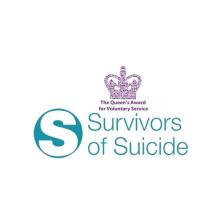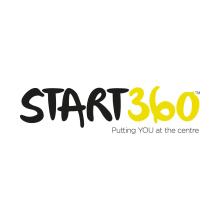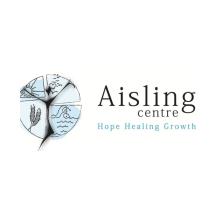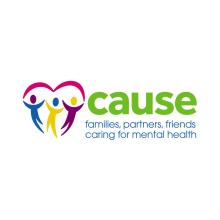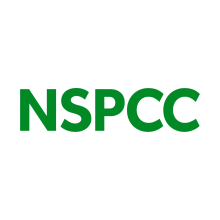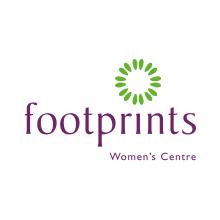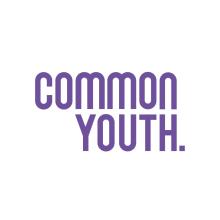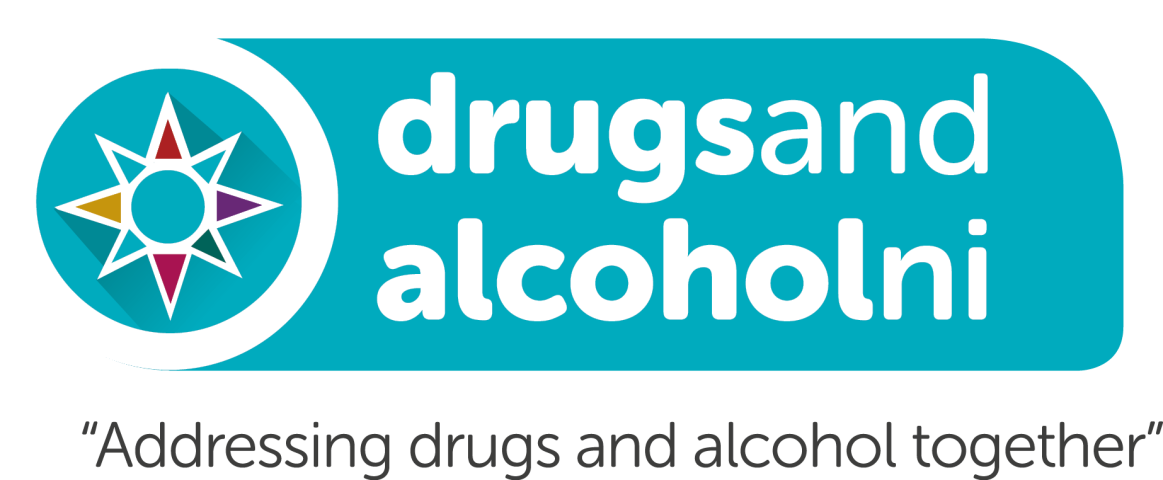
Drugs and alcohol
All drugs and alcohol have some effect on your mental health. You should think carefully about the risks before you take a substance.
There are risks with taking alcohol or drugs. Alcohol and dugs can have short and long term effects on your body including physical, psychological and emotional impacts.
All drugs and alcohol have some effect on your mental health. You should think carefully about the risks before you take a substance, especially if you have mental or physical health problems. Using any drugs that have not been prescribed for you can put your health at greater risk.
If you would like support or treatment for your alcohol or drug use or you are a family member impacted by someone who uses alcohol or drugs, help and support is available.
Alcohol, drugs and mental health
People use alcohol and other drugs such as cannabis and cocaine for many different reasons:
Some people use alcohol and other drugs for recreation purposes;
Some people use alcohol or other drugs to help cope with their problems by blocking out their thoughts and feelings. This is only ever short-term and the effects of alcohol and other drugs can make feelings and emotions worse.
Initially those using alcohol and drugs may find they block out their thoughts and feelings. This is only ever short-term and the effects of alcohol and other drugs can make feelings difficult and emotions worse.
There are many ways alcohol and drugs negatively affect a person’s mental health:
Alcohol
Drinking alcohol can affect your sleep, making you feel stressed or anxious. Alcohol is also linked to depression and other mental illnesses.
Cannabis
Using cannabis, particularly frequent or heavy use, is linked to depression and anxiety. It may also cause symptoms of psychosis and other mental illnesses.
Cocaine
Those using cocaine regularly may experience panic attacks, feel depressed or anxious.
Benzodiazepine (benzos)
Can have a negative impact on mental health. Those using benzos may have suicidal thoughts.
Anabolic steroids
Can make users feel paranoid, have strong feelings of aggression and have mood swings.
Mixing
Mixing any drugs can increase the risk of serious harm and can have a negative unpredictable and dangerous impact on you and those around you. These drugs may include alcohol, over-the-counter medication or prescription drugs, and illegal or illicit drugs.
The PHA strongly recommends that you do not take any drug unless it has been prescribed to you by a medical professional and in accordance with your prescription.
To find out more about drugs and the impact they may have on your physical and mental health, visit www.talktofrank.com.
What can help with alcohol and drug use?
The first step is to recognise that you need to reduce or stop alcohol or other drug use. You might find it useful to also try:
Self-help
There are a range of self-help tools that people can use at their own time and pace. Find out more about self-help and the tools available to support you.
Using a support service
There are different levels of support for different people depending on their needs and preferences. The PHA commissions a wide range of services from short term extended brief interventions to more longer term community based or residential one to one therapeutic treatment services.
There are also services which offer ongoing recovery focused group support, services which offer advice and support for your wider needs such as housing and ‘low threshold’ services specifically set up for those not yet ready or able to engage with mainstream or longer term treatment services. Find out more about alcohol and drug treatment and support services.
Talk to your GP
You can also talk to your GP about your alcohol or drug use, and they can help guide you to the best support for you.
Family support
If you are impacted by a family member who uses substances such as drugs or alcohol you can get help and support even if the individual is not willing or ready to engage in support themselves.
Find out more about family support available in Northern Ireland.
- Image

Drug and alcohol service directory
If you're concerned about your own or someone else's drinking, speak to your GP. There are a range of services available across Northern Ireland that provide advice and support.
Resources for dealing with alcohol and drugs
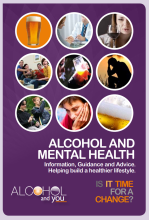
Alcohol and mental health leaflet
Information, guidance and advice to help you build a healthier lifestyle.
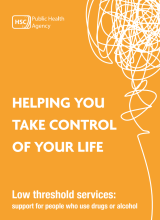
Helping you take control of your life leaflet
Find out about low threshold services which offer support for people who use drugs and alcohol.
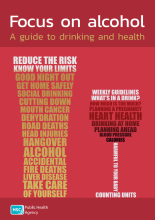
Focus on alcohol leaflet
Find out about the current advice on low risk drinking as well as the long and short-term effects of drinking too much alcohol. Get tips on sticking to the recommended limits for low risk drinking. This leaflet also offers a guide to how many units of alcohol are in common drinks.
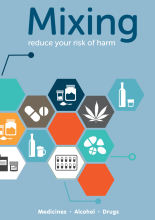
Mixing: reduce your risk of harm
Information on the risks of taking two or more drugs at the same time. This can include alcohol, over-the-counter medication or prescription drugs, and illegal or illicit drugs. Advice on how to reduce your risk of harm.
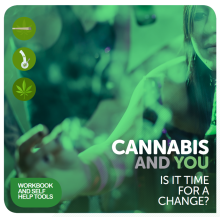
Cannabis and you booklet
Information and tools to help someone concerned about their cannabis use. It will also give family members and friends information they may find helpful.
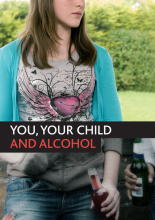
You, your child and alcohol booklet
You, your child and alcohol is a booklet that offers parents advice and guidance on how to discuss alcohol with their child and encourages them to think about how their relationship with alcohol can influence their children.
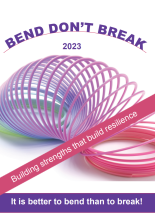
Bend don't break booklet
This workbook has information about resilience and tools that may help to strengthen your resilience.
